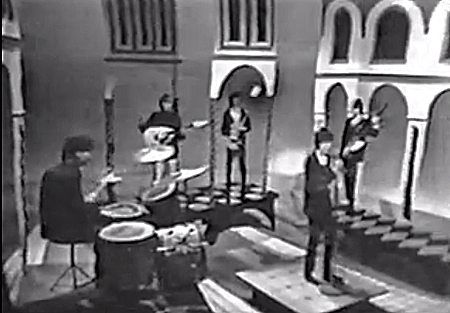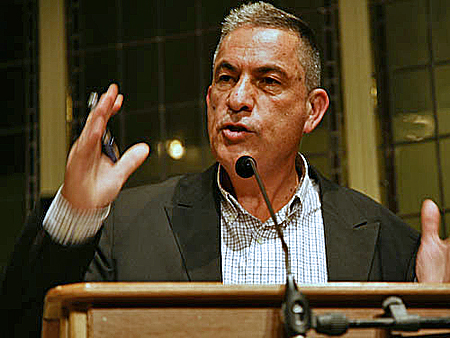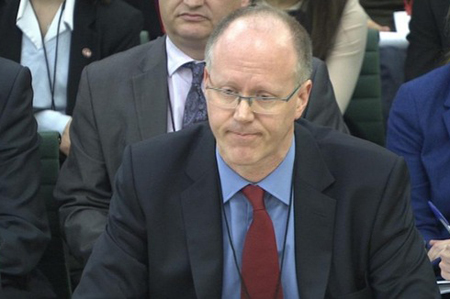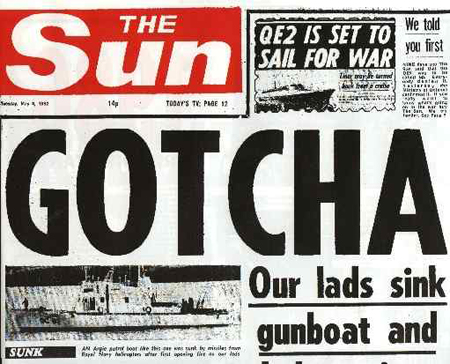
Well, I was told you royals liked a bit of nudity!”
The UK’s heir-apparent (well, perhaps – let’s see) is engaged, along with his stunning wife, Camilla, in a royal visit to Papua New Guinea, part of the Queen’s Diamond Jubilee tour.
The press photos I’ve seen so far are a complete throwback to those “Days of Empire” of the previous, and indeed, the nineteenth century, as English royalty and aristocracy toured “the colonies”.
Charles may not yet be as gaffe-prone as his father – aka The Duke of Hazard, who has recently suffered another “indiscreet moment” at a reception for British Indians, concerning the family name Patel.
But, he’s never averse to making himself a prat, all on his own.
Pidgin prince
This time, he’s made a fine speech, incorporating some Pidgin English phrases: specifically, speaking in Tok Pisin – a combination of English and Creole, spoken as the first language by up to 2 million inhabitants of Papua New Guinea. (I shan’t say “natives”, as Charles undoubtedly would.)[1]
I only hope his pronunciation was better than his pathetic public attempt at Welsh so many years ago, after he’d spent a year at the University of Wales, learning the language in preparation for his investiture. (That’s another cracking story, but… )
A Guardian blog muses on how he actually sounded, what with his “cut-glass” English accent. The article also provides examples of Pidgin vocabulary, and explains the way Charles and his father are addressed:
“he introduced himself as the “numbawan picininny bilong Misis Kwin” – the number one child belonging to Mrs Queen. Similarly, when the Duke of Edinburgh visits he is addressed as “oldfella Pili-Pili him bilong Misis Kwin”.[2]
The Guardian proves it has some sense of humour, though where exactly directed is dubious.
The continuing phenomenon of English RP
But, to be more serious: by coincidence, I earlier read a fascinating article on the subject of RP – “Received Pronunciation” – as enunciated by various members of the English royal family and (some) others.
What is RP? Apparently, it’s defined as “the regionally neutral middle class accent of England” [something I find quite difficult to believe – but then, I’m Welsh, with my own, quite regional accent]. According to an ongoing study of current regional accents being conducted by the British Library, RP is undergoing subtle, but discernible, changes. And, contrary to accepted opinion, it isn’t dying out.
“Jonnie Robinson, a curator and linguist at the library, said: “RP isn’t dying out. It is simply changing as a linguistic entity. Just like a Yorkshire accent now will be different from one from a century ago, it is still defined by the same things.
“RP has changed quite dramatically over the last 50 years. Now, people are speaking a more relaxed, modern RP.”
RP seems to have originated in C19 English public schools (I say “seems” as, mercifully, I wasn’t ever there, in either situation!).
It received a new boost in the C20, with the advent of broadcasting technology;
“the BBC ensured its cultural spread in the early twentieth century, as it became the standard voice heard on the corporation.
It was adopted by the expanding middle class and represented an aspirational symbol of social status.”
Even now, although it is [?] one of the most scrutinised and best known of all English accents, RP has only ever been spoken by around 3% of the population, including…
… surprise, surprise, the royal family! [“regionally neutral middle class?”] But, even they are diverging in their use of RP; the Queen and Charles (numbawan pikinini) normally use traditional RP; his son Harry, uses a more modern, relaxed version (whereas his wife Kate is a trad stickler, so analysts declare, thus making her “more royal”).
As for me myself, speaking personally…
As a mere Welsh boyo, I don’t understand none of this accents stuff. I well remembers being totally puzzled at the BBC in Cardiff, by listening to that bloke Marmaduke Hussey, an old-time BBC Governor, telling a group of us how important it was, under times of severe criticism, to “peddle our ewn cenoes”. It took me a few beers to work out what he was actually trying to tell us non-regionally neutral middle class managers. Doh!
Earlier, when I went to an English university, it took me weeks, maybe months, before I could understand what my colleagues were saying.
Oh, the multifarious splendours of the English language, and the torture of listening to the Queen’s Christmas speech! Bob Marley is more comprehensible.
To illustrate what I’m trying to explain, here are some helpful examples (again from The Telegraph):[3]
“What type of RP do you speak?
Poor
Poo-er – Traditional
Paw – Modern
Mature
Matchewer – Traditional
Matchoor – Modern
Beer
Bee-er – Traditional
Bih – Modern
Near
Knee-er – Traditional
Nih – Modern
Foot
Fut – Traditional
Fooot – Modern
Roll
Rowel – Traditional
Rowol – Modern
Old
Eweld – Traditional
Oweld – Modern
Hair
Heeh-er – Traditional
Heeh – Modern
Good
Good – Traditional
Gud – Modern”
Signing off for now,
Oldishfella Pili-Pili him bilong Sofi’ subub land of sing an’ coal.
[1]: The Independent http://www.independent.co.uk/news/world/asia/mi-tokpisin-orait-prince-charles-speaks-pidgin-on-diamond-jubilee-tour-8282883.html
[2]: The Guardian http://www.guardian.co.uk/uk/shortcuts/2012/nov/05/prince-charles-papua-new-guinea
[3] The Telegraph http://www.telegraph.co.uk/news/newstopics/howaboutthat/9653166/Prince-Williams-cut-glass-accent-is-a-little-less-polished-than-Kate-Middletons.html
Image: Nothing to do with Arbroath http://arbroath.blogspot.com




